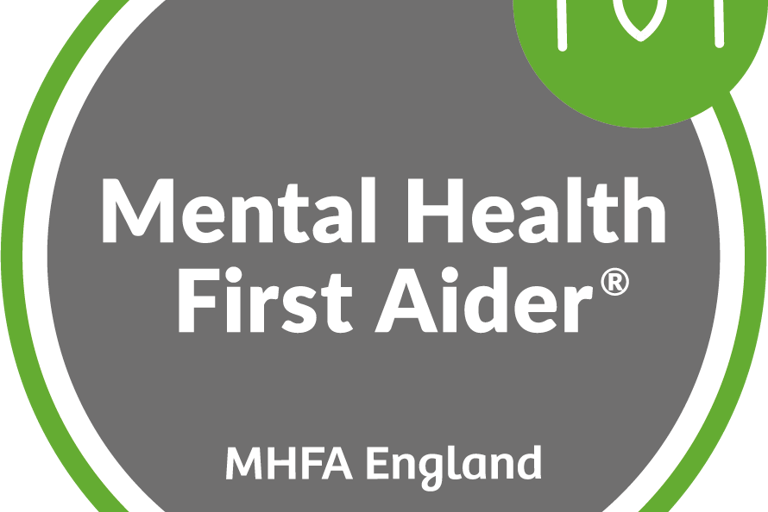Understanding Others and Ourselves: A Journey Through Emotions
8/4/20241 min read


The Complexity of Understanding Others
How many times have you wondered if you truly understand someone’s behaviour? It’s a question that might haunt many of us as we navigate our relationships, both personal and professional. Understanding someone deeply requires empathy, patience, and a willingness to look beyond surface-level actions. It involves recognising the context in which a person operates and acknowledging the factors that influence their behaviour.
The Importance of Self-Reflection
While it’s crucial to understand others, it’s equally important to reflect on our own feelings and behaviours. How often do you take a moment to understand what you’re feeling? Self-reflection isn’t just about controlling our behaviour; it’s about allowing ourselves to truly feel our emotions. By acknowledging our feelings, we pave the way for more authentic interactions with others.
Balancing Control and Emotional Freedom
There’s a fine line between controlling our behaviour and suppressing our emotions. While it’s necessary to regulate our actions to maintain harmony in our interactions, it’s equally important to give ourselves the freedom to experience and express our feelings. This balance is essential for emotional well-being. By controlling our behaviour but feeling our feelings, we can navigate life’s challenges more effectively.
Practical Steps to Improve Understanding
So, how can we improve our understanding of others and ourselves? Here are a few practical steps:
Practice Active Listening: Pay full attention when someone is speaking. This not only helps in understanding their words but also their emotions.
Engage in Self-Reflection: Spend a few minutes each day to reflect on your feelings and behaviours. Journaling can be a helpful tool for this.
Empathy Exercises: Try to put yourself in the other person’s shoes. Consider their background and experiences.
Mindfulness Practices: Engage in mindfulness activities like meditation to better connect with your own emotions.
By fostering a deeper understanding of both ourselves and others, we can build more meaningful and fulfilling relationships. Remember, it’s okay to control your behaviour, but don’t forget to feel your feelings.






